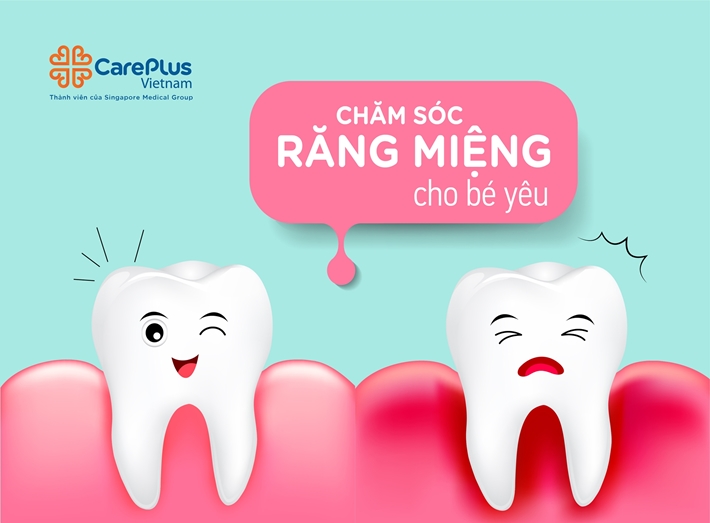Keeping Your Child's Teeth Healthy

2/2/2018 9:28:53 AM
When can my child uses toothbrush with toothpaste? When should I schedule my child's first trip to the dentist? What should I do before my baby has his first tooth?
Many parents have a tough time judging how much dental care their kids need. They know they want to prevent cavities, but they don't always know the best way to do so.
Here are some tips and guidelines.
1. Start early. Even before your baby has his first tooth, gently rub a soft, web washcloth or gauze over the baby's gums. Not only with this remove any leftover milk or formula, it will also ease the transition into tooth brushing later on.
2. Avoid putting the child to bed with a bottle or sippy cup. Milk, formula, juice and sugar water can lead to dental decay if the liquid sits on the teeth. This rule is very important later in life, too. Avoid giving your children any snacks or drinks other than water after they have brushed their teeth.
3. Take your child to the dentist after the first tooth comes in, generally around six months old. The dentist can help you plan preventive care, ensure teeth are erupting normally and answer questions you have about diet and other factors that can impact your child's smile.
4. Brush your teeth in front of your children. Children mimic what they see, so teach them by example. Show them how to brush every part of the mouth, including the tongue. Reinforce that you move the bristles along each tooth and never chew on the toothbrush head because it can damage the bristles.
5. Start using a toothbrush once the first molar comes in. The American Academy of Pediatric Dentistry recommends using a smear of fluoride toothpaste for children under two. Once the child turns two, increase to a pea-sized amount. You can use more toothpaste once the child is able to spit it out, usually about age six.
6. Make brushing fun! There are so many cool toothbrushes available now, from character-themed brushes to ones that play music. Don't have a musical toothbrush? Sing a silly song, play a video on your smart phone or make up a story about sugar bugs hiding in their mouths. The key is to have your children looking forward to this time of day, instead of treating it as a chore.
7. Brush for two minutes twice a day. You may want to have younger children sit on your lap facing you while you brush their teeth.
8. Floss once a day. As soon as two teeth touch each other, it's time to start flossing. Most cavities are interproximal, meaning the decay is in-between two teeth. A toothbrush can't reach that area; only floss can.
9. Eliminate gummy candy. Gummies, junk food, soda, even sports drinks are all loaded with sugar that gets stuck on and between the teeth. If you can't eliminate these completely, then try to give them only during the daytime, when the mouth produces more saliva which can help wash away the cavity-causing bacteria.
10. Get Elmo to help you. Sesame Street™ has more than a dozen videos, songs and games designed to teach children how to brush. Sometimes a child will do something just because someone other than you told them it was the right thing to do!